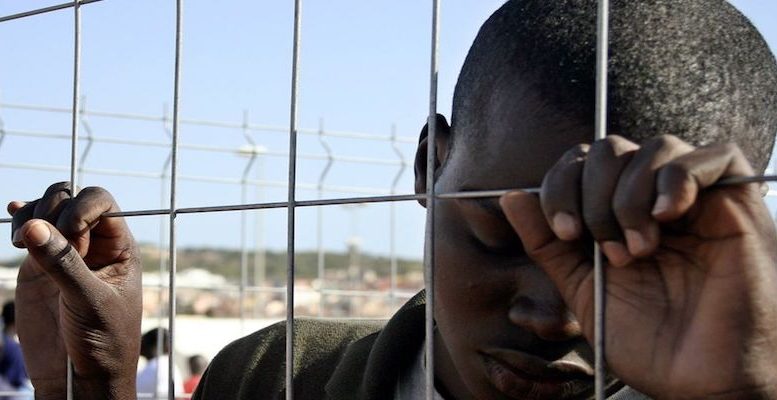Controlling immigration flows has become a powerful weapon for some countries on the edge of Europe. Turkey brandished it, for example, after the EU voted to freeze talks on the country’s bloc membership in November.
And Morocco, too, is now making similar noises. In February, the Moroccan minister of agriculture, Aziz Akhannouch, wondered aloud why “Europe doesn’t want to work with us” in helping the country control its borders.
It was a thinly veiled message. Akhannouch’s outburst followed a December ruling by the European Court of Justice on an agricultural issue that contradicted Morocco’s claim to sovereignty of the Western Sahara territory – always a touchy subject for Rabat. Morocco has two powerful cards when it comes to dealing with the EU and particularly Spain: anti-terror cooperation and controlling migration. Sure enough, it appeared to start using the latter a few days after the minister’s warning.
On February 17th, 497 migrants reached Europe from Morocco by getting through the six-metre-high fence that separates the country from the Spanish city of Ceuta, which is in North Africa. It was a record-breaking arrival in terms of numbers, and was followed three days later by another 356 migrants reaching the city. There have been more arrivals by boat in recent weeks, compounding the impression that this is more than the purely seasonal phenomenon that some have painted it as.
One civil guard based in Spain’s other North African city, Melilla, told me that Morocco uses migration as a form of “currency” and that whenever the country is negotiating with Spain over an economic issue, it relaxes the border controls just to let its northern neighbour know what it is capable of. The civil guards who patrol the Spanish side are the first to notice such trends.
Thousands of migrants, mainly Sub-Saharan Africans, camp out in desperate conditions in the Moroccan countryside around Ceuta and Melilla, in the hope of either scaling or breaching one of the fences or of reaching the Spanish cities by boat or hidden in a car. I have met a number of these migrants – some of them boys barely in their teens – as they plotted their umpteenth assault on Melilla’s razor-wired fence from the tantalising vantage point of Morocco’s Mount Gourougou. What I took away from that visit was that the extremity of their circumstances is matched only by their determination to reach Europe, even though many die during the journey.
And yet, there is another way. Despite its apparent cynicism on the migration issue, Rabat has made an effort since 2013 to legalise the status of thousands of Sub-Saharans who refuse the lure of Europe and decide to stay and work in Morocco. It’s important to point out that Morocco is no El Dorado for these migrants and they often face many of the challenges they would in Europe, such as difficulties in paying rent, cultural adjustment and racism. But Morocco’s economy is growing fast and staying in the country means migrants can avoid not just the life-threatening hazards and hardship that reaching Europe entails, but also the sickening notion that they are pawns in a political game.





